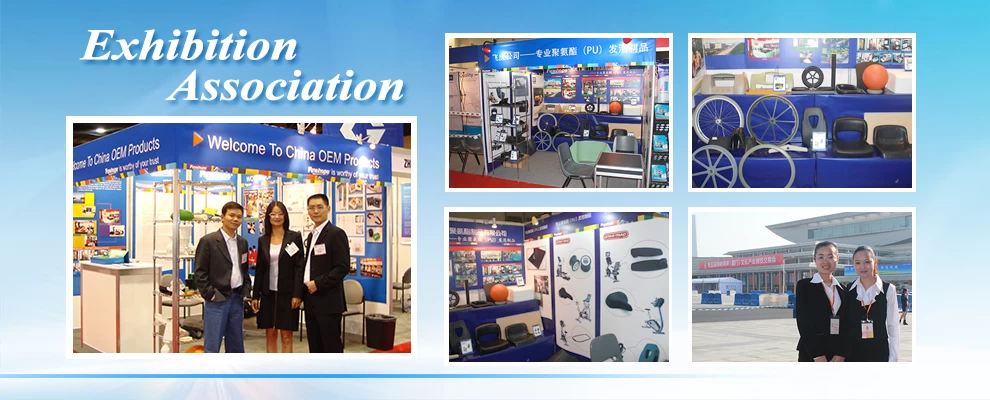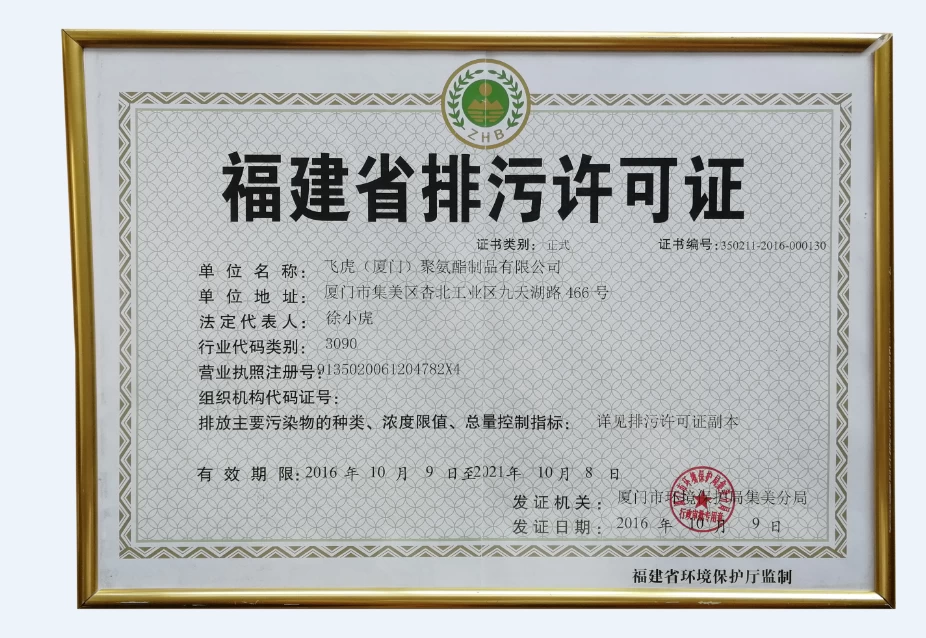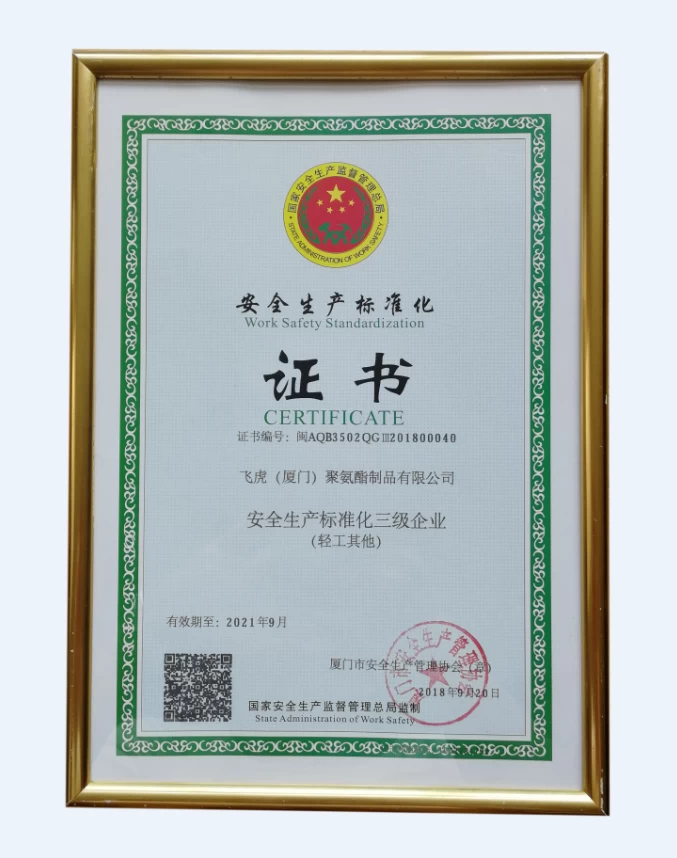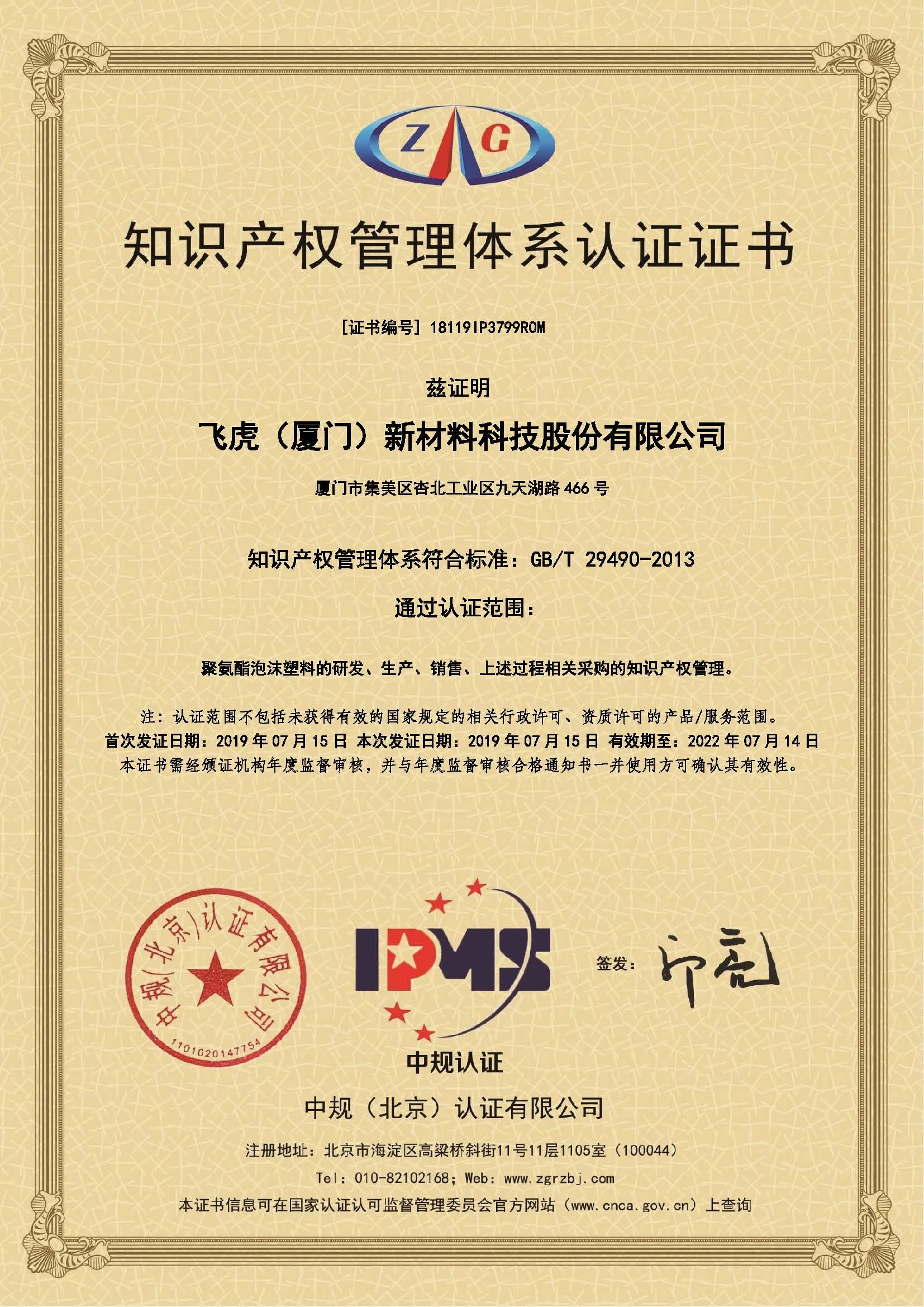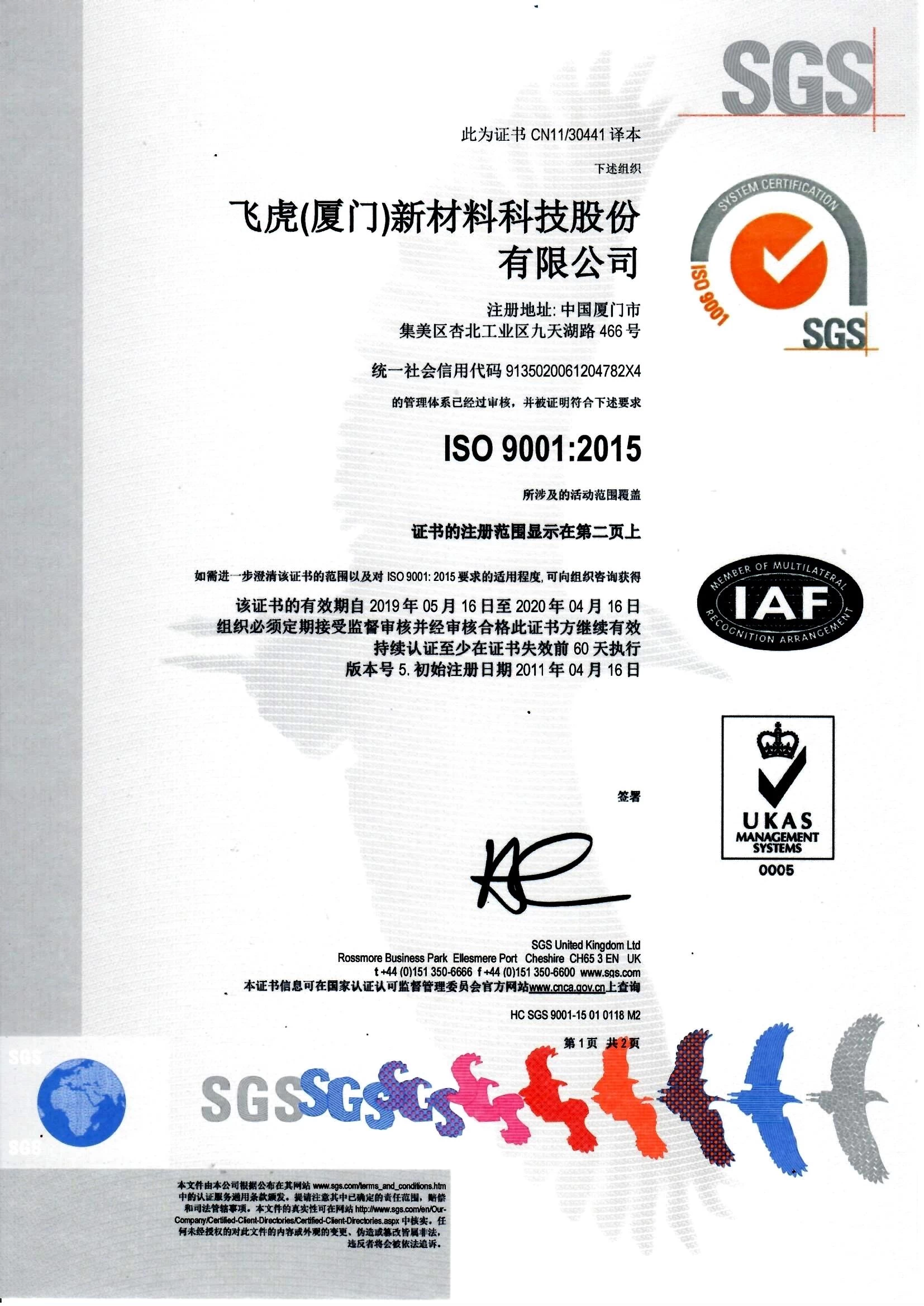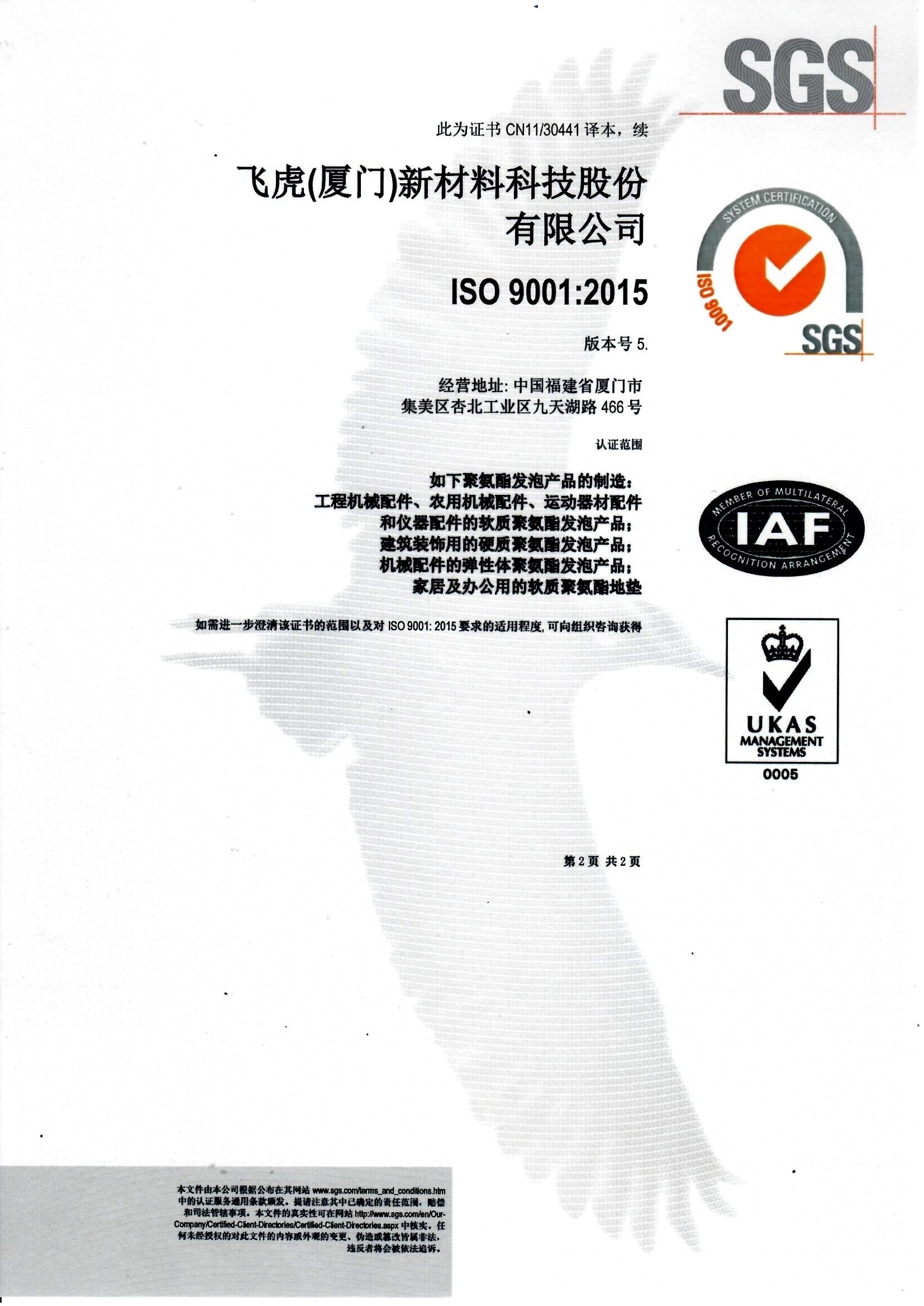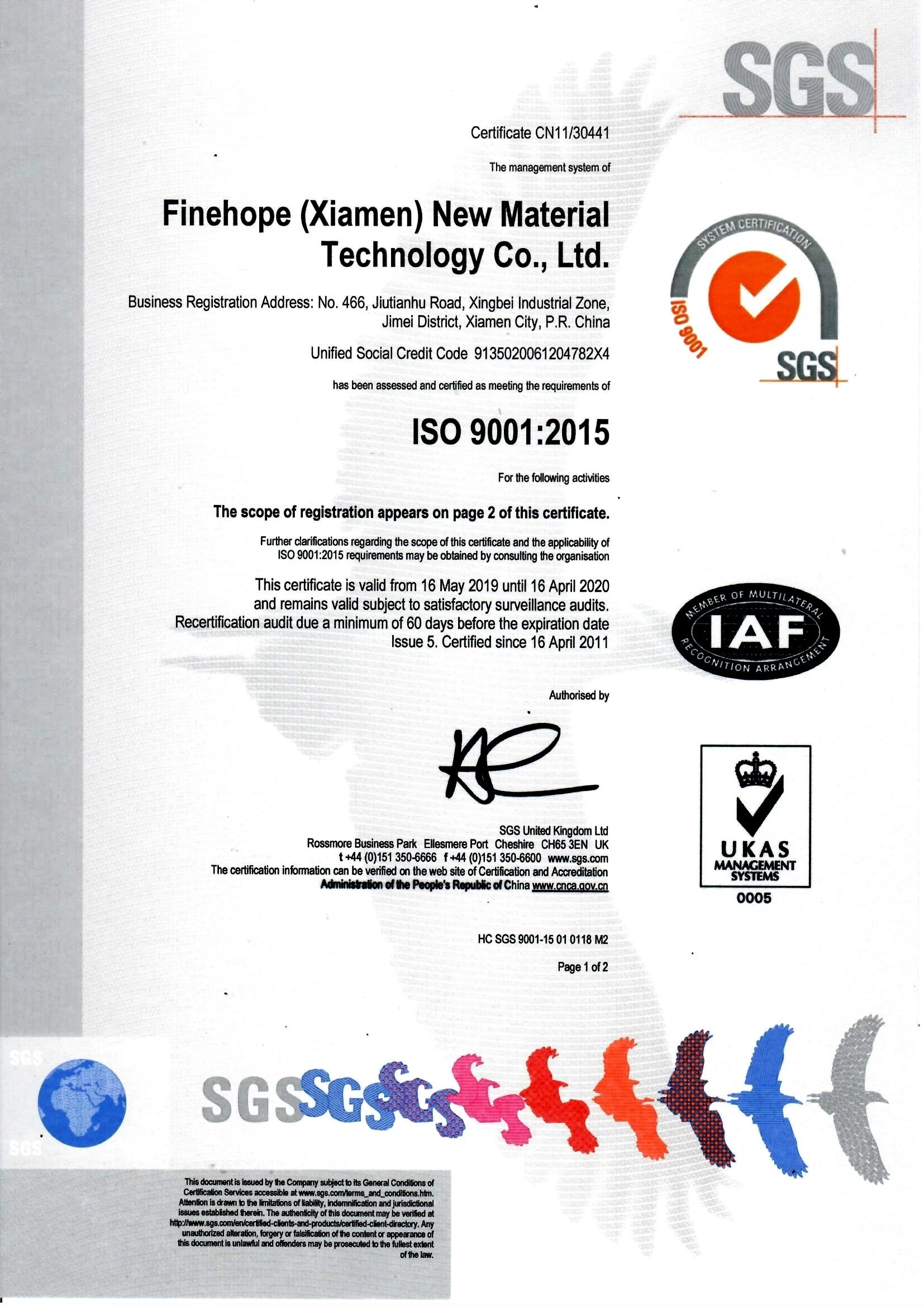How to improve work efficiency in 25 minutes
Hannah Gao
2017-02-27 15:31:22

How often have you had a work day when, as mid-afternoon races toward late-afternoon, yourealize that you haven't really gotten anything done?
Painfully often, if you're like many of the professionals we talked to for a recent study oneveryday work life through Harvard Business School.
Not only do unproductive days like this detract from the success of your projects, your teamand your organization; they can endanger your own well-being.
We discovered that nothing makes people feel happier and more engaged at work than makingmeaningful progress on something they care about. We call that the progress principle. Butthis progress principle has a serious downside: Nothing makes people feel worse than beingstalled in their work and this negative effect is much stronger.
Most often, the cause of an unproductive day is fragmentation trying to juggle manycompeting, and usually unexpected, demands on your time. It's what happens when you'veworked like crazy all day, and still you have the sense that you haven't been productive. Soundfamiliar?
Work-life management experts Tony Schwartz, David Allen, and others have useful techniquesfor setting up routines to get more done. But how can you save a day where you simplyhaven't been able to get to the work that matters most?
1. Carve out a time-oasis. (20 minutes) If possible, move something off your schedule for theremainder of the day, protecting just 20 minutes to focus uninterrupted on that meaningfulproject. More time is better if you can manage it, but 20 minutes can still make a difference.
If you have to, leave a non-essential meeting 20 minutes early, or stay at the office 20minutes later. (You would use tactics like this if you had an urgent business call, right? Well,getting to your most important work is an urgent business issue.) Turn off your email andphone. Find an unoccupied conference room or cubicle where no one can find you.
2. Note your progress for the day. (Two minutes) Use a work diary to keep track of theprogress you made that day.
It's natural to focus on what you didn't get done and what tasks remain; but, to get the boostof happiness and engagement, you should spend a minute taking stock of what you didaccomplish. Even if you simply outlined next steps on that creative project, make note. And,if you weren't able to carve out that 20-minute time-oasis, then make note of anyachievement you had during the day, however small. It may not have been work you planned,and it may have been solving someone else's problem, but if you got anywhere on anythinguseful, that really is meaningful progress, so write it down.
Allow yourself to savor the sense of accomplishment, and recognize that you made adifference.
3. Set up for progress tomorrow. (Three minutes) Use a trick that Ernest Hemingway andother writers have relied on: Leave off in the middle. When you have to stop work for the dayon your most important project, end in mid-paragraph, mid-sentence, mid-routine, whateveras long as you have a pretty good sense of how you will finish that paragraph. That way, you'llbe able to just slide back into the task the next day even if all you get tomorrow is your 20-minute oasis.
Readers: We'd love to hear about your own techniques for saving an unproductive day.
Painfully often, if you're like many of the professionals we talked to for a recent study oneveryday work life through Harvard Business School.
Not only do unproductive days like this detract from the success of your projects, your teamand your organization; they can endanger your own well-being.
We discovered that nothing makes people feel happier and more engaged at work than makingmeaningful progress on something they care about. We call that the progress principle. Butthis progress principle has a serious downside: Nothing makes people feel worse than beingstalled in their work and this negative effect is much stronger.
Most often, the cause of an unproductive day is fragmentation trying to juggle manycompeting, and usually unexpected, demands on your time. It's what happens when you'veworked like crazy all day, and still you have the sense that you haven't been productive. Soundfamiliar?
Work-life management experts Tony Schwartz, David Allen, and others have useful techniquesfor setting up routines to get more done. But how can you save a day where you simplyhaven't been able to get to the work that matters most?
1. Carve out a time-oasis. (20 minutes) If possible, move something off your schedule for theremainder of the day, protecting just 20 minutes to focus uninterrupted on that meaningfulproject. More time is better if you can manage it, but 20 minutes can still make a difference.
If you have to, leave a non-essential meeting 20 minutes early, or stay at the office 20minutes later. (You would use tactics like this if you had an urgent business call, right? Well,getting to your most important work is an urgent business issue.) Turn off your email andphone. Find an unoccupied conference room or cubicle where no one can find you.
2. Note your progress for the day. (Two minutes) Use a work diary to keep track of theprogress you made that day.
It's natural to focus on what you didn't get done and what tasks remain; but, to get the boostof happiness and engagement, you should spend a minute taking stock of what you didaccomplish. Even if you simply outlined next steps on that creative project, make note. And,if you weren't able to carve out that 20-minute time-oasis, then make note of anyachievement you had during the day, however small. It may not have been work you planned,and it may have been solving someone else's problem, but if you got anywhere on anythinguseful, that really is meaningful progress, so write it down.
Allow yourself to savor the sense of accomplishment, and recognize that you made adifference.
3. Set up for progress tomorrow. (Three minutes) Use a trick that Ernest Hemingway andother writers have relied on: Leave off in the middle. When you have to stop work for the dayon your most important project, end in mid-paragraph, mid-sentence, mid-routine, whateveras long as you have a pretty good sense of how you will finish that paragraph. That way, you'llbe able to just slide back into the task the next day even if all you get tomorrow is your 20-minute oasis.
Readers: We'd love to hear about your own techniques for saving an unproductive day.
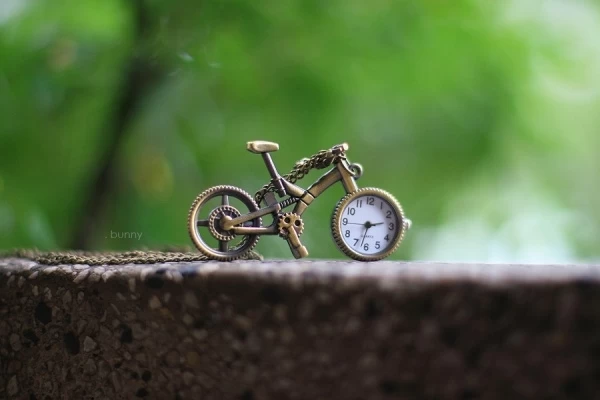
Related news:
- PU round Roman roof, 10-inch circular Roman base, PU Roman architectural base
- Custom PU Roman helmet, Roman helmet spherical polyurethane, polyurethane Roman guard side cover
- Custom PU Roman base, 10-inch square Roman base, polyurethane roof square Roman
- Custom PU building decorative railings, polyurethane Continental railings, wood railings PU
- Railing PU foam, polyurethane Continental railings, decorative railings with PU



